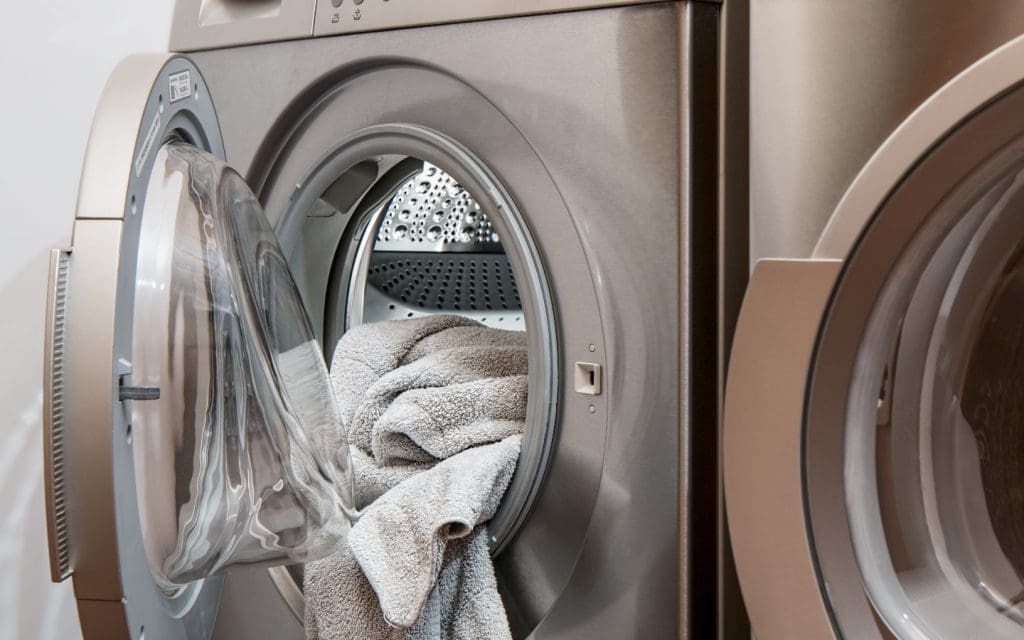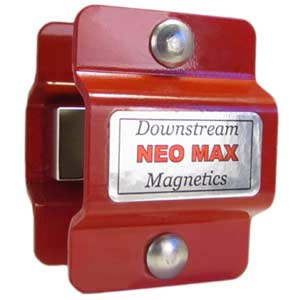What’s the difference between hard water and soft water? Hard water can leave behind on surfaces and in the interior of appliances, a residue of limescale. This buildup can clog plumbing, and it can hinder the performance of hot water producing appliances. It prevents the formation of suds when using detergents and soaps. It can leave behind a sticky feeling on the skin and make it feel dry. Soft water has none of the negative effects of hard water. This article will discuss why you need to find the best water softener for your needs.
Table of Contents
What Causes Water to be Hard?
Hard water is problematic because it comprises a minimum of 1 grain per gallon of minerals like magnesium (Ma)and calcium (Ca). If these minerals are removed, the water can be softened. There are gradations of hard water:
- Moderate Hard Water is water with 61 to 120 milligrams per liter of Ca and Ma.
- Hard Water is water containing 120mg/L of Ma and Ca.
- Very Hard Water is water within excess of 180mg/L of Ca and Ma.
Hard water can also contain chalk or gypsum. These substances are composed of carbonates, bicarbonates, and calcium and magnesium carbonates, as mentioned on qualitywaterlab.com/softeners/
The Result of Limescale Buildup in Your Appliances

Strange noises will often be made by appliances affected by limescale buildup within their systems. The buildup also reduces the amount of hot water produced for use by the appliance. This results in the increased cost of operating the appliance. The ultimate result is the shortened lifespan of the appliance.
How Does Hard Water Affect Your Plumbing?
The tiny minerals in hard water cannot by themselves damage your plumbing. However, when these minerals combine with soap scum, they harden and become clogs. These clogs can back up garbage disposals, sink pipes, shower drains, ice dispensers, faucets, bathtub jets, and lawn sprinklers. Basically, hard water can destroy your hot water producing appliances.
How Does Hard Water Affect Your Health?
The Bad Effects:
- Hard water is less effective at rinsing away soap suds.
- Hard water turns soapy water into scum after turning it into curd.
- You’ll need more detergent to clean your clothes in hard water, and your clothing may discolor.
- Hair washed in hard water tends to become dull and stiff.
- Hard water increases the likelihood that soap residue will be left on the skin. This increases the acidity of the skin, causing bacteria a greater chance to grow.
The Good Effects:
- The dietary requirements for calcium and magnesium can more easily be met by drinking hard water.
How to Choose the Best Water Softener?
The only way to stop the damage caused by hard water is to soften the water. Many companies use a commercial water softener to stop the damage occurring on their premises, alongside those purchasing one to use in their home to avoid damage to their plumbing. Water softening in the home can be conducted in several ways, according to the EPA.
- Ion-Exchange Softeners are highly effective but tend to make the water taste salty. The process performed during an ion exchange is to coat the medium for exchange with the softener. The exchange will be synthetic resin beads or zeolites looking much like wet sand. The softener will be brine or dissolved sodium chloride salt. As water passes through the medium, the trade takes place. Calcium and magnesium get trapped, and sodium is exchanged or released into the water.
- Dual Tank ion-exchangers work the same way, but instead of only being one tank to perform the exchange, there are two. When one isn’t working, the other is.
- The Descaler or Salt-Free Water Softeners don’t leave a salty taste in the water because they use potassium chloride instead of sodium. This type of water softener simply halts scale formation in the pipes and other interior spaces where water flows.
The Magnetic Type of Water Softeners

These water softeners cannot treat very hard water successfully, but they work on moderate to hard water. The water flows over magnets, and the field of magnetism alters the chemistry of the water. This is, however, temporary. After 48 hours, the water returns to its original hardness.
The Best Water Softener for Your Household
Depending on your needs and tastes, your choice of a water softener may vary. If you have a large home or many members in your family, you may need greater capacity to soften your water. Also, if your water is very hard, that will affect the type of water softener you need.
Water softeners can be affordable and cost between $400 to $600 for the unit itself and can be a simple DIY project.
Consider These Facts When Choosing a Water Softener
Know these facts about your water needs: the size of your home, the hardness of your water, and the number of appliances in your home that use hot water. Also, consider whether your hard water is permanently or temporarily hard.
- If you have water that is just temporarily hard, you can boil it or add calcium hydroxide to make it soft. Permanently hard water requires the use of a water softening system. These are the things you should consider when buying a water softening system:
- Look for certification of the water softening system issued by the National Sanitation Foundation (NSF) or the gold seal given by the Water Quality Association (WQA).
- Determine the water flow rate. Hot water heaters alone require one cubic foot of resin volume and a capacity of 5 gallons per minute. It’s important to count the number of appliances that will use the water to determine the flow rate needed.
- Efficiency is an especially important element to consider when selecting a water softening system. Most homes need to remove 3,333-5,000 grains per pound of water.
- Device size may be a concern if space is limited. So, compare was needed to what fits.
- If resin is used, consider the resin quality. The best choice is a cross-link percentage of 8-10% that processes a volume of 1 to 2.5 cubic feet.
Featured Image by pxfuel.com




